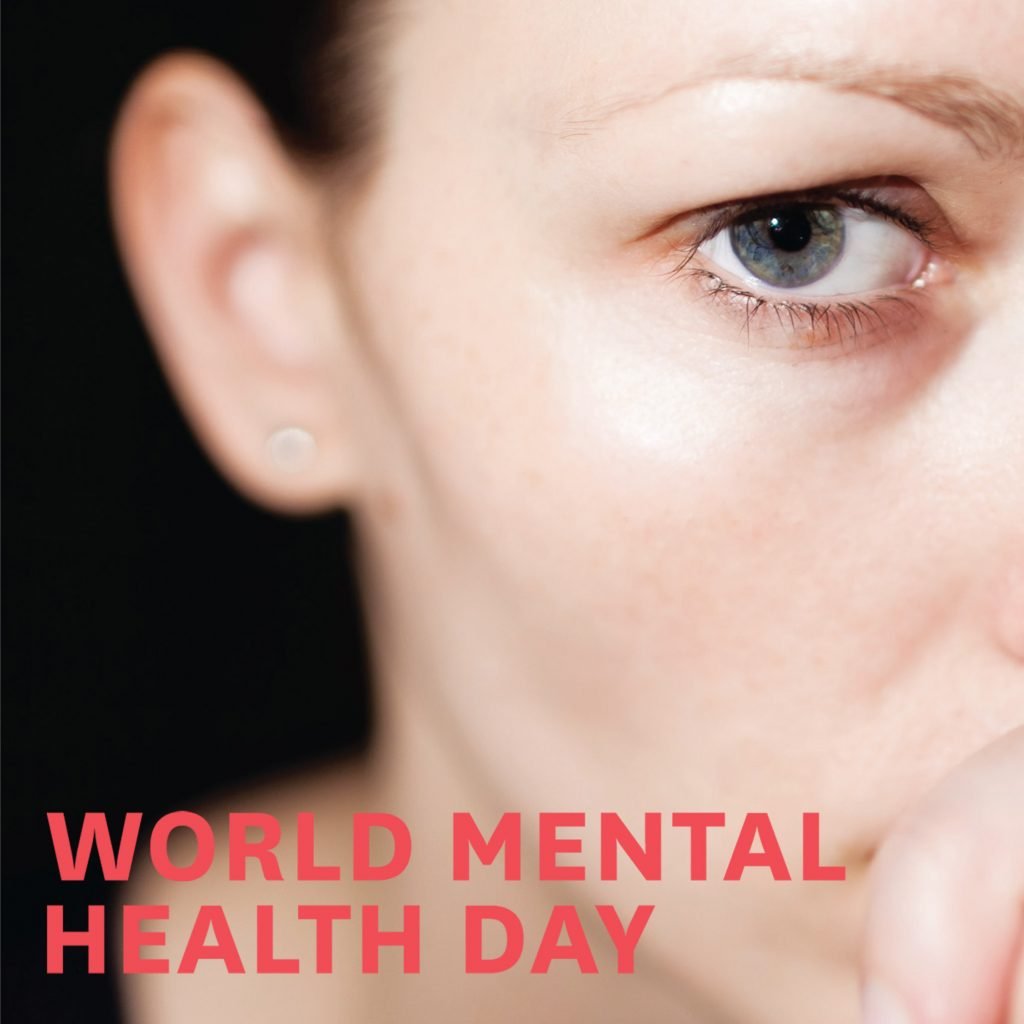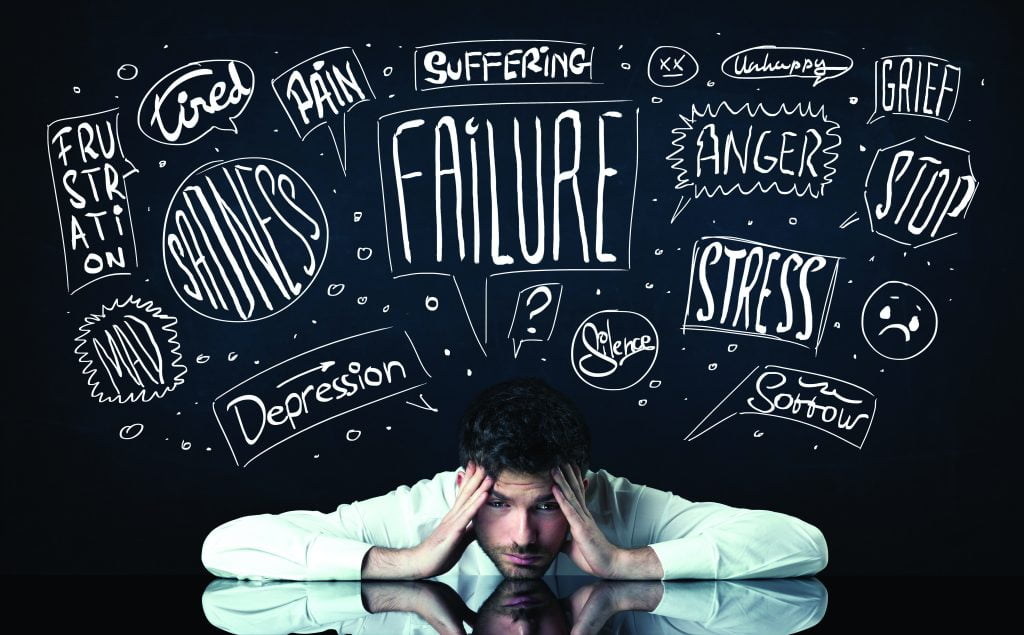
How often do you see patients with mental health challenges in your clinic?
If everyone could be in the shoes of a family doctor for a day, they would see how common mental health issues are. They can affect everyone from children to the elderly – I see at least two to three patients per day who are currently struggling with, or have had mental health issues in the past. Despite all the awareness efforts that have been focused on mental health in the past years, it is still very taboo. It shouldn’t be! Suffering from mental health issues is no more shameful or a sign of weakness than being diagnosed with diabetes or high blood pressure.
What are the most common mental health issues you see in expats?
In Singapore, the most common mental health issues are depression and anxiety. For expats, things like the stress of relocating to a new country, being away from family and friends, changing jobs or having to stop working to follow a spouse, and having to settle the kids in a new routine, can take a toll on mental health. I also see a lot of teenagers with anxiety or depression triggered by intense pressure to perform in international schools, best friends leaving the country, or bullying.
What support is available for someone suffering from depression?
Having an open chat with your family doctor can go a long way, and we can give you useful lifestyle advice and do basic blood work to rule out a physical cause and even prescribe medication if needed. Singapore has amazing psychologists and counsellors that can support you on your road to recovery as well. Psychiatrists can help navigate more complex and severe cases.
What is your advice to someone suffering from depression?
If you are experiencing some of the symptoms of depression, you should talk to your family doctor. We are a great first step on the road to recovery. If making an appointment with your doctor feels like a huge task, reach out to a loved one and ask them to help you and bring you to the appointment. Depression can feel like it is untreatable and will never end, but there are many effective treatments, and by seeking help you are making the first step towards recovery, and eventually happiness and contentment.

Signs you might be experiencing depression
Everyone can experience days of feeling blue, due to homesickness or other life ups and downs. But depression is characterised by symptoms that are present for at least two weeks and can include:
– Depressed mood most of the day, every day (feeling sad or empty, being tearful)
– Loss of interest in activities that you normally enjoy
– Changes in appetite and sleep pattern (either insomnia or sleeping more than usual)
– Loss of energy or fatigue
– Feelings of guilt or worthlessness, difficulty thinking or concentrating, and recurrent thoughts about death and suicide.
Dr Méli Noël is based at IMC Jelita imc-healthcare.com








